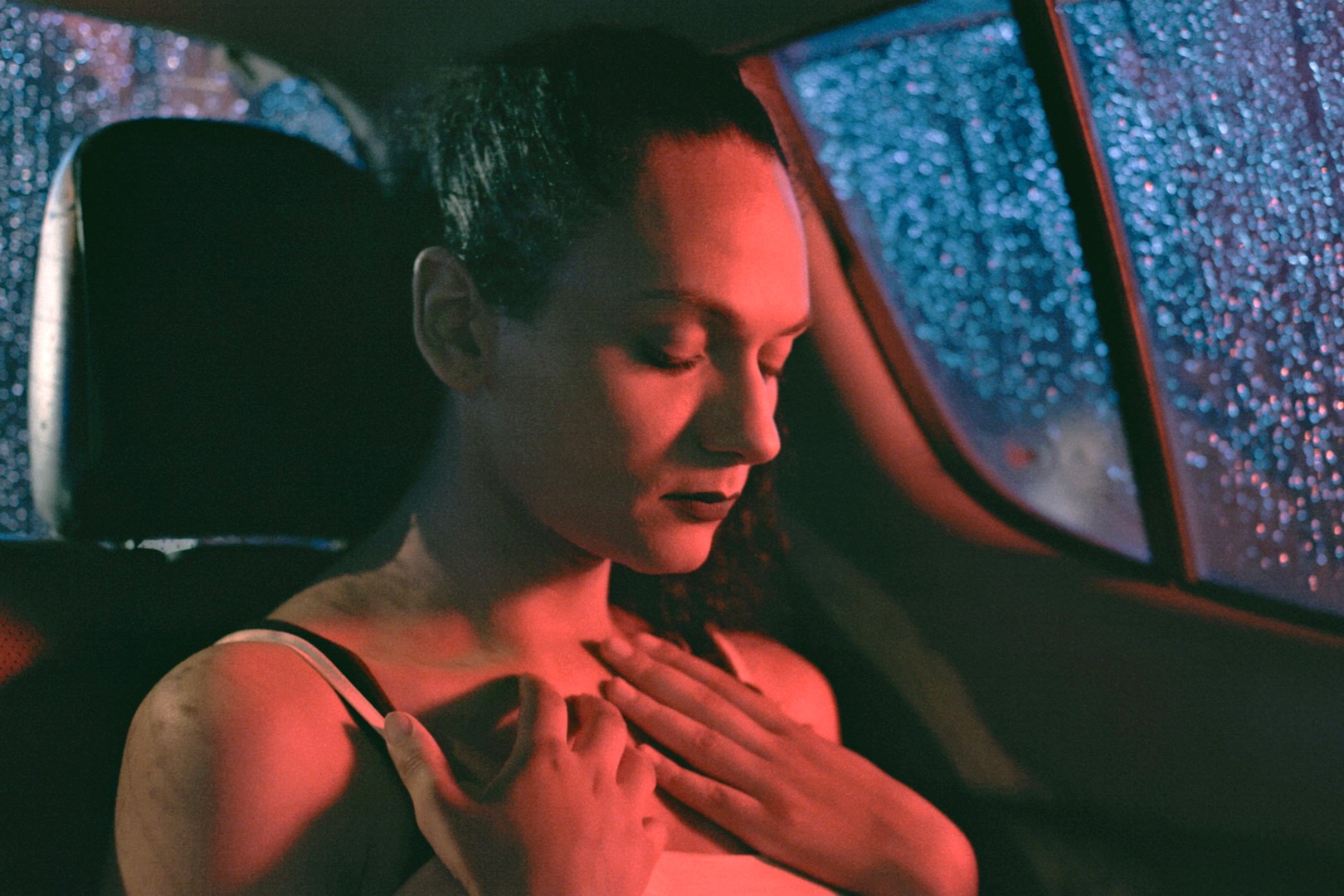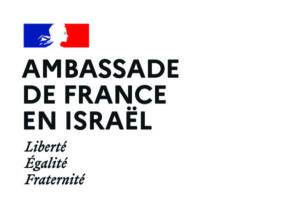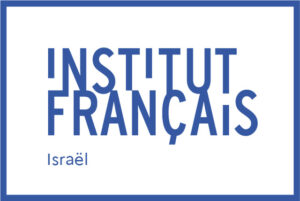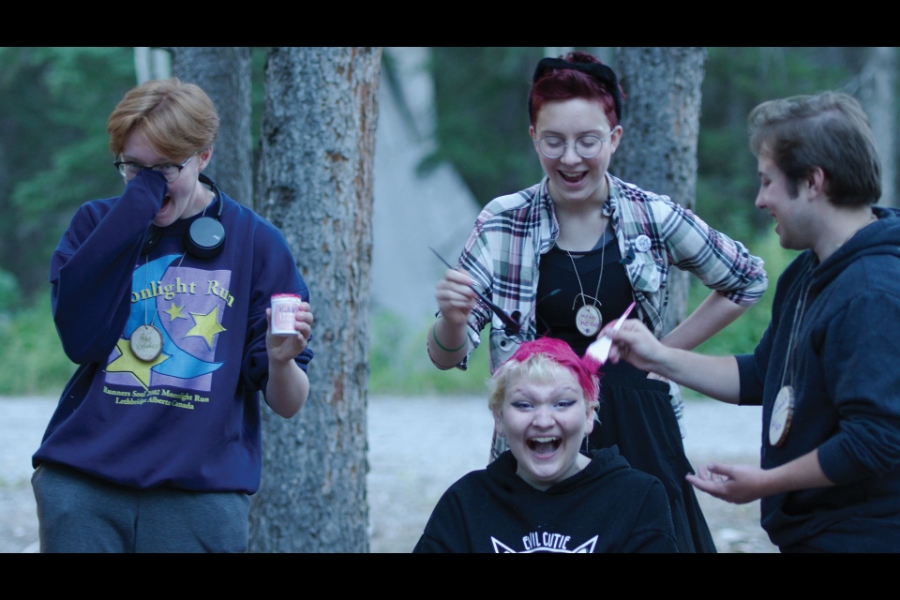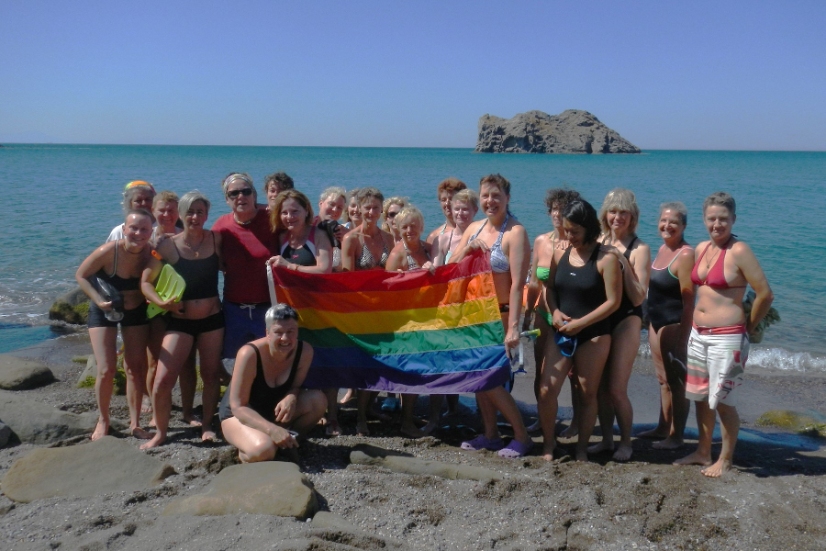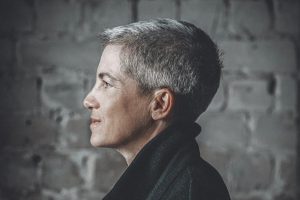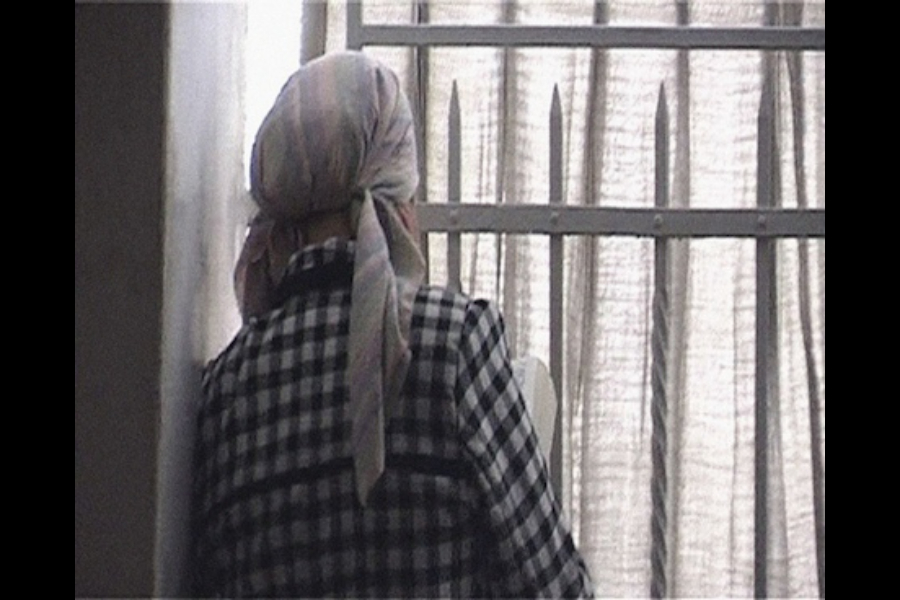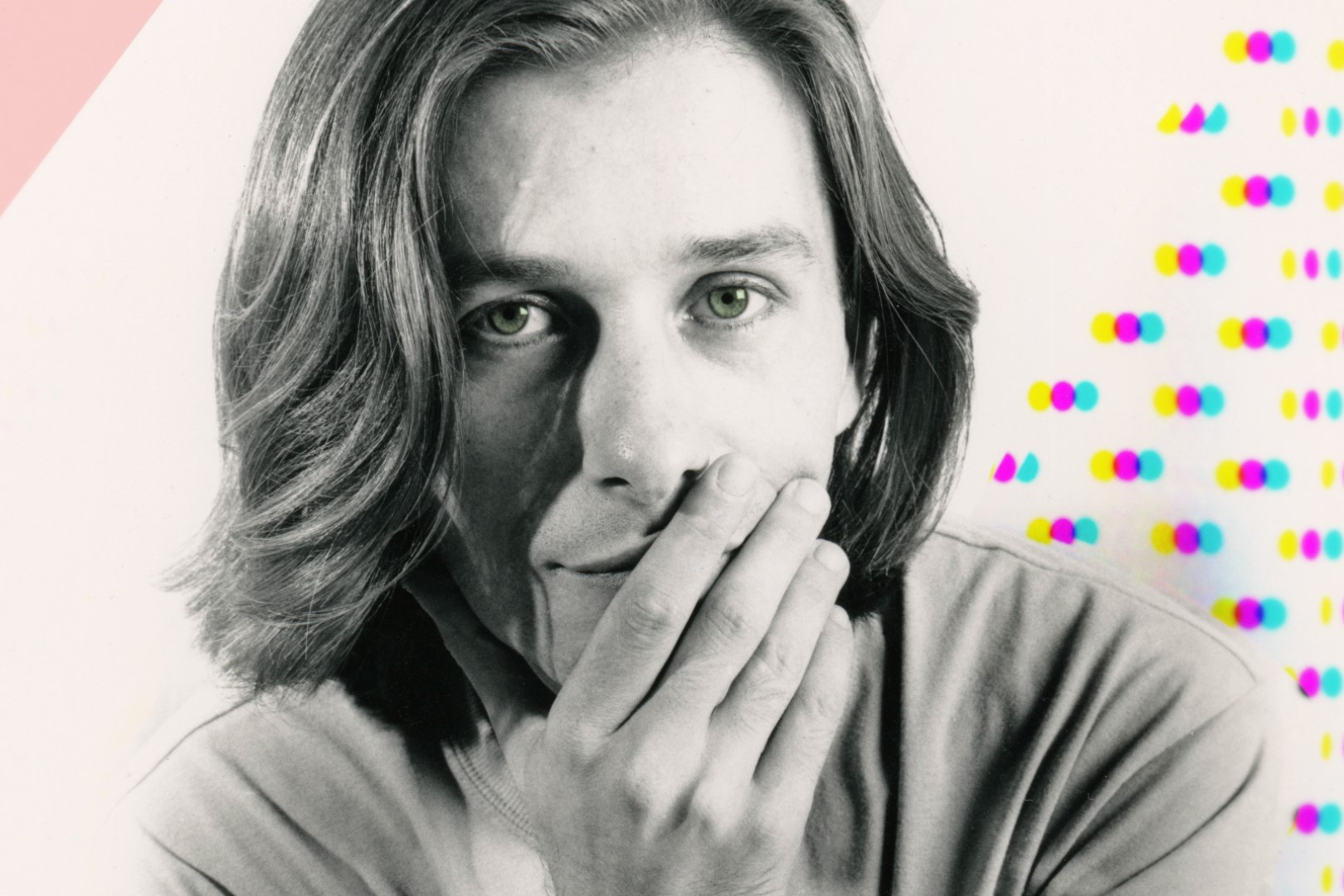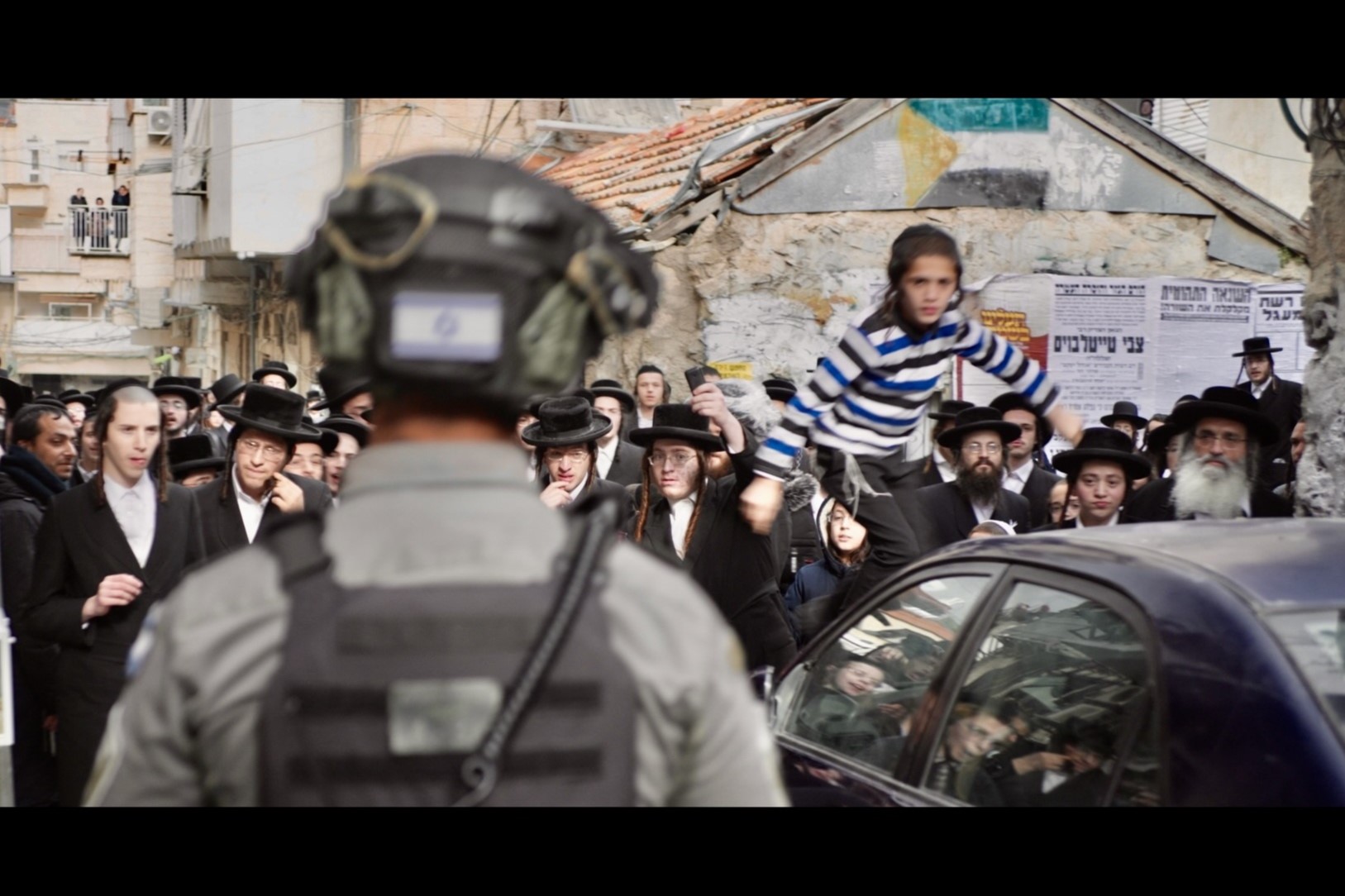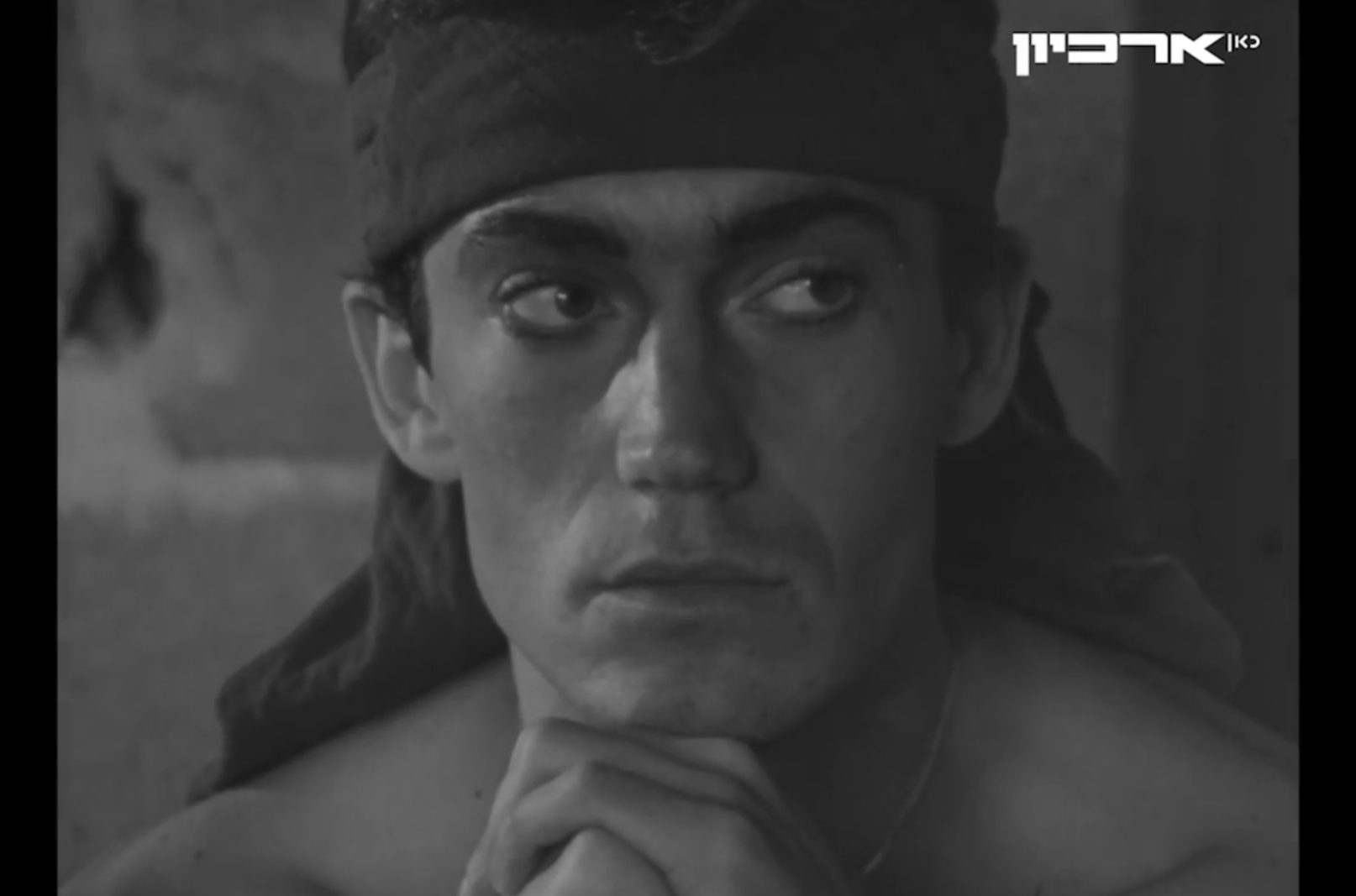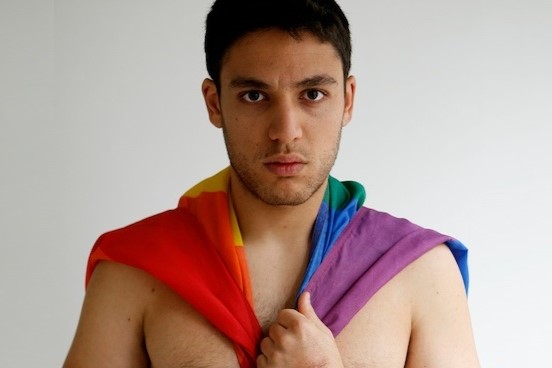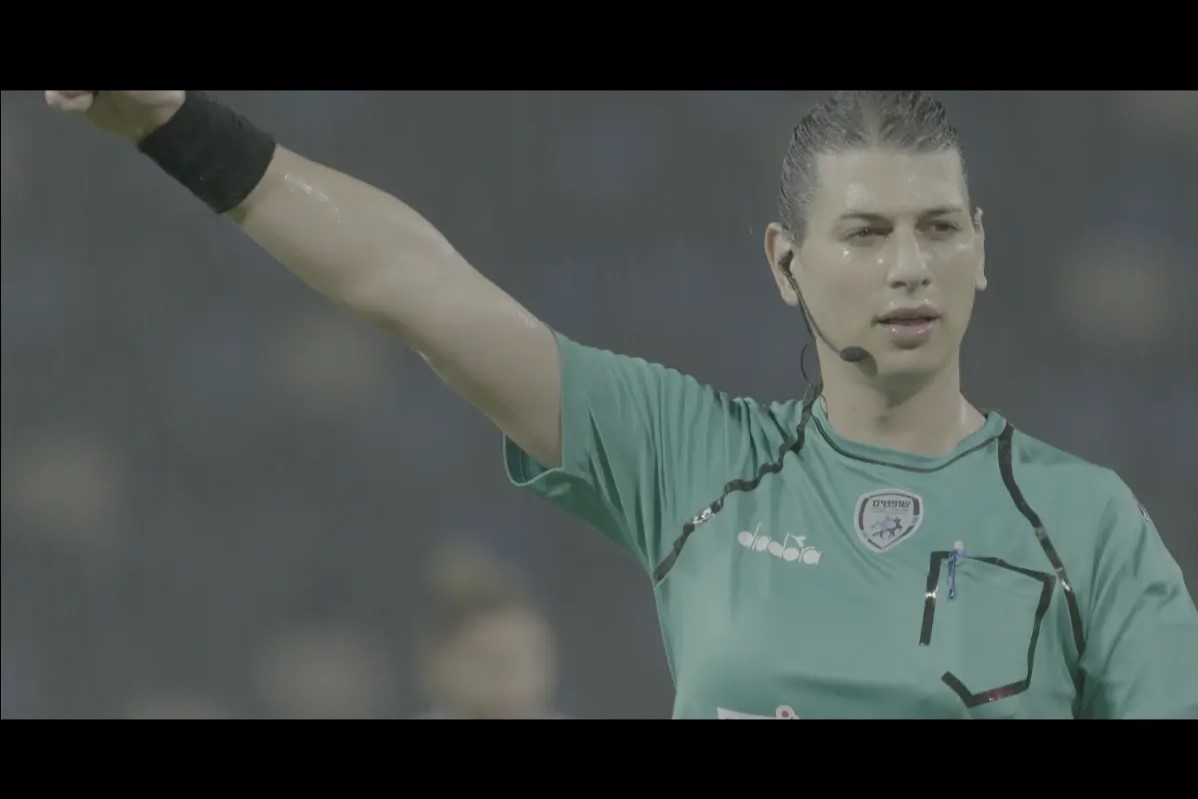Victoria examines her past in order to understand her gender affirming process and what it is that defines her as a woman.
After losing her best friend Meryl, with whom she went through transition, she shares the pain with Athena and Aamina, who are both in the process of transitioning themselves. Together, the three women explore who they were before and who they are today, listening to the ghosts of the past, the giggles of today and the whispers of the future.
“Trans Memoria” is a personal, honest and deep piece that deals with the results of losing someone close and with life itself through the transgender experience. Heroines’ journey goes through Thailand and France, old video diaries, and illuminates the friendship of three women with unique internal lives.
In association with the Embassy of Sweden


